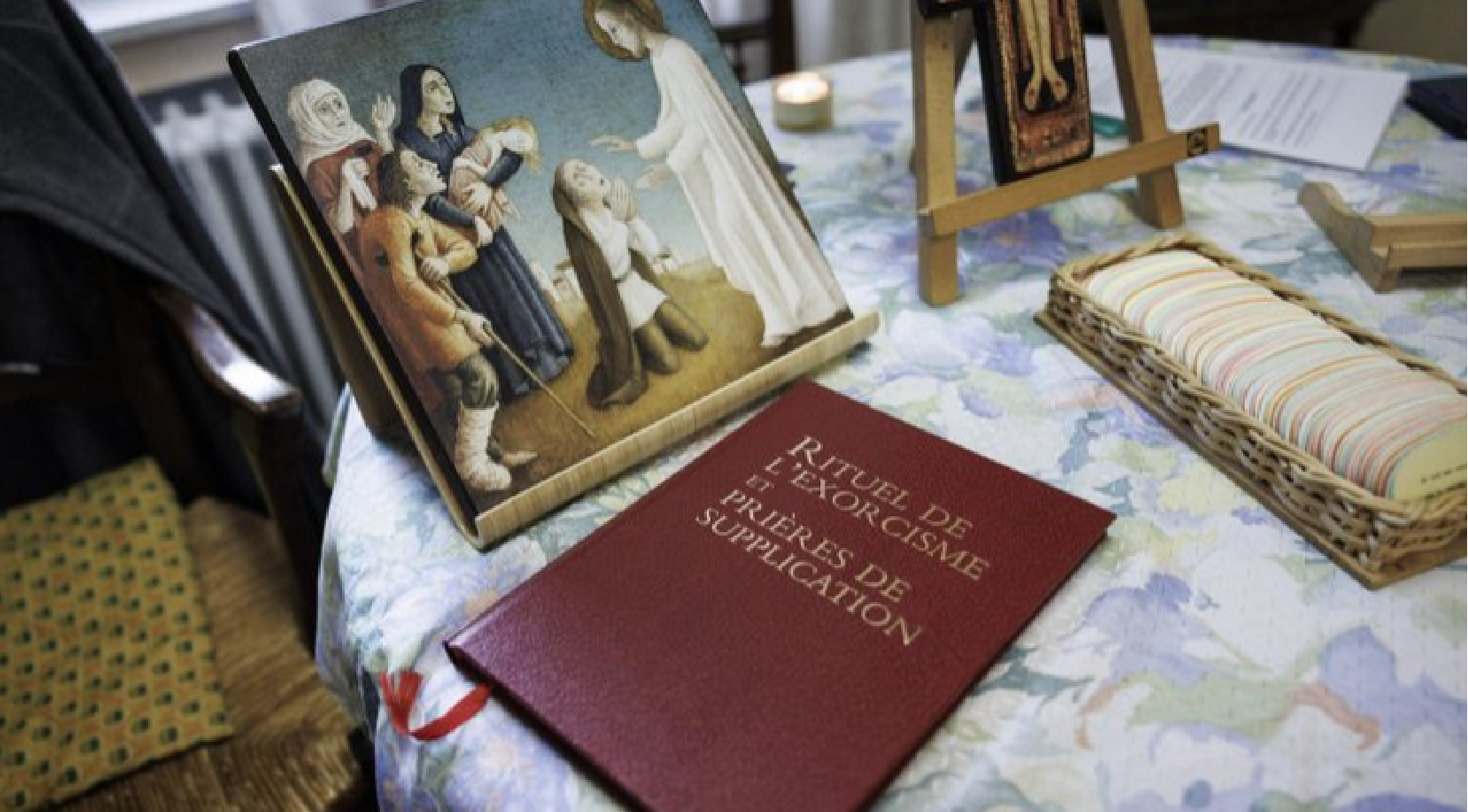(ZENIT News / Rome, 10.01.2025).- A ministry often surrounded by mystery has taken a decisive institutional step. The Holy See has formally approved the definitive Statutes of the International Association of Exorcists (IAE), moving the group beyond its seven-year experimental phase and establishing clear guidelines intended to ensure competence, accountability, and pastoral prudence in one of the Church’s most delicate fields.
The new framework, adopted in March 2025 and unveiled during the association’s international conference in Sacrofano in September 2025, signals a shift from provisional recognition to a stable juridical footing. Monsignor Karel Orlita, the IAE’s president, called the approval a milestone: “It seals our ecclesial maturity and the legitimacy of a ministry carried out in the name of the Church.”
The Statutes, organized in nine sections, go far beyond technical revisions. They reshape governance, refine membership categories, impose strict standards of formation, and codify collaboration with the medical and psychiatric communities. The underlying intent is to align the ministry of exorcism—often subject to sensational portrayals—with the wider demands of pastoral discernment and contemporary cultural challenges.
Among the most notable changes is a new approach to membership. Whereas earlier versions distinguished loosely between members and affiliates, the updated text creates more precise categories: ordinary members (both full and associate) and honorary members, reserved for bishops and cardinals. Hierarchs may maintain a spiritual link with the association but no longer exercise voting rights, a distinction designed to highlight the particular identity of the exorcist’s ministry without conflating it with episcopal governance.
Equally significant is the emphasis on formation. Every new member must now complete a structured program that includes basic coursework, supervised practice, and ongoing updates. Training is not treated as a formality but as a safeguard of discernment and competence. Collaboration with physicians and psychiatrists—once suggested, now mandatory—has been explicitly written into the Statutes, reflecting the Church’s insistence on prudence and interdisciplinarity in evaluating alleged cases of possession or spiritual affliction.
The governance model has also been reinforced. Alongside the president, a nine-member council, a secretary, and a general treasurer will serve renewable six-year terms. Linguistic secretariats, which support the association’s growing global reach across five continents, must now have at least 25 members to be recognized. Elections at the regional level require confirmation from the president, ensuring cohesion within the international structure.
Financial transparency occupies a prominent place in the new text. The Statutes reaffirm that exorcism is a ministry to be offered without charge, echoing the Gospel injunction, “Freely you have received; freely give.” At the same time, they impose binding norms: annual budgets, prohibition of profit, and strict allocation of resources exclusively for statutory purposes. In the event of dissolution, assets must be transferred to similar ecclesial associations, under the oversight of the Dicastery for the Clergy.
In Orlita’s words, the Statutes function as a “constitutional charter” for the association: safeguarding tradition while equipping the ministry to respond responsibly to present-day challenges. What emerges is a portrait of an organization seeking both spiritual depth and institutional seriousness, with mechanisms that enhance credibility within the Church and beyond.
By granting definitive approval, the Vatican has placed the IAE on firm canonical ground. What was once an experimental body now stands as a pontifically recognized association, tasked with upholding the integrity of a ministry where discernment, transparency, and faith must walk hand in hand.
Thank you for reading our content. If you would like to receive ZENIT’s daily e-mail news, you can subscribe for free through this link.

